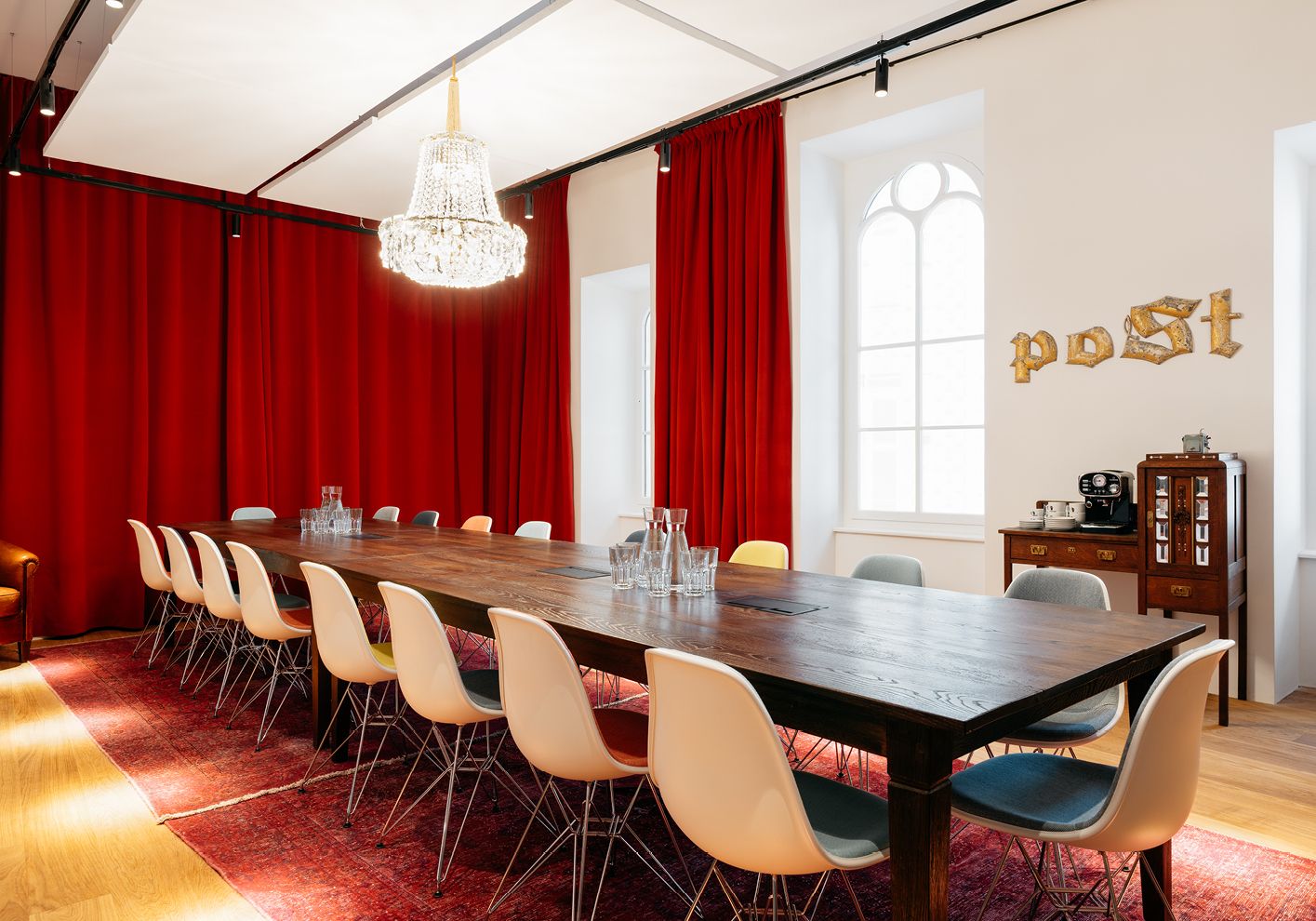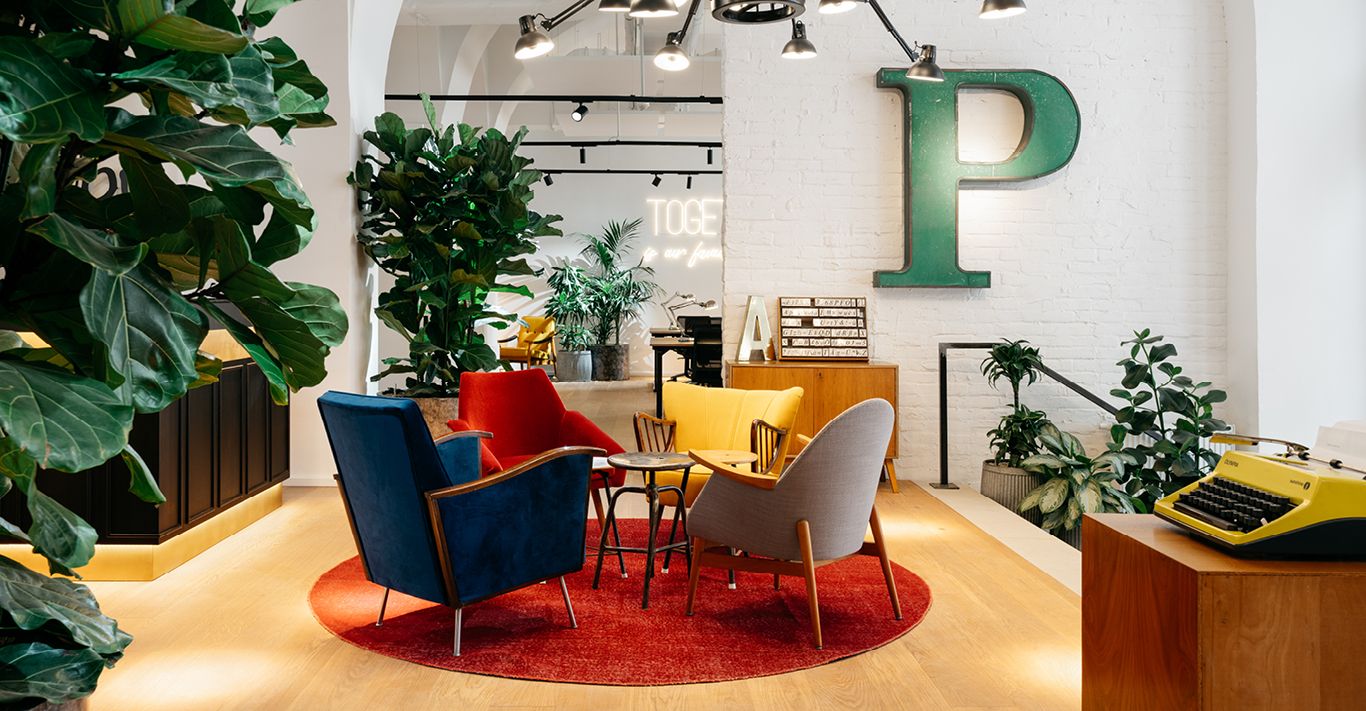WORDS
Gemma Billington
The first official lockdown in Britain in response to Covid-19 was over three and a half years ago. But the ripple effects of a global pandemic have changed the landscape of work forever.
Today, hybrid working – where the job allows – is the norm. According to recent research by the Chartered Institute of Personnel and Development (CIPD), 83% of organisations have hybrid working in place. Not so long ago, working remotely was a pipe dream for many desk-bound employees, but lockdown introduced the need to work outside of the office, and businesses had to adapt – or sink.
While many employees have gradually migrated back to the office, it’s rarely full-time, or even 9-5. A hybrid approach to work has proved beneficial for both businesses and employees, with the same CIPD study stating that almost half (46%) feel more productive at home, while 38% of organisations say hybrid working has increased productivity and efficiency. Every individual’s needs and preferences are different, and so for hybrid working to succeed long-term, employers must adopt a flexible approach with support systems in place. The same study pointed out:
‘While our research showed an increase in requests for flexible and hybrid working… we also found that there’s unmet demand for varying types of flexible working… It is essential for employers to increase both formal and informal flexible working arrangements to improve staff retention and attract the best talent.’

Hybrid working doesn’t just mean working from home. For many, it’s a chance to travel and explore new venues beyond the office or home. And while not all of us have the option of swanning off to Bali to work from a hammock for a month, the post-pandemic landscape has seen a rise in the demand for co-working spaces.
Award-winning hotel group Ruby was ahead of the curve when it established a dedicated Workspaces initiative in 2016. Operating like a private members’ club (albeit without the hefty fees), the Workspaces initially launched in key cities in Ruby’s native Germany. The spaces featured ergonomically designed furnishings, meeting rooms and ample storage to facilitate remote working for companies and freelancers. Now, Ruby has combined its Workspaces and hotel models with a brand-new working space, Ruby Luuk, within the Ruby Emma hotel in Amsterdam. The space, which opened last year, is designed for locals and workers on-the-move, with the option to purchase a day pass, reserve a Dedicated Desk for long-term use, or hire a private office to work with a team. The combined hotel and workspace has proved a great success, with a second scheme launched in Stuttgart this past October, and another planned for Florence next year.
Ruby cites growing trends for ‘workation’ and ‘bleisure’ – fusing business and leisure – as the scheme’s impetus. They indicate an approach to work where professionals want the freedom to explore and not be tied to a desk five days a week.
‘Due to these trends, we believe it is becoming increasingly important to also build up expertise in the hotel in the area of mobile working and to integrate it intelligently into the offering,’ says Fabian Zellinger, vice president of corporate development, systems and new ventures at Ruby. ‘I am convinced that we will see more of such combined offers in the coming years, both in the city hotel industry and in leisure destinations.’





